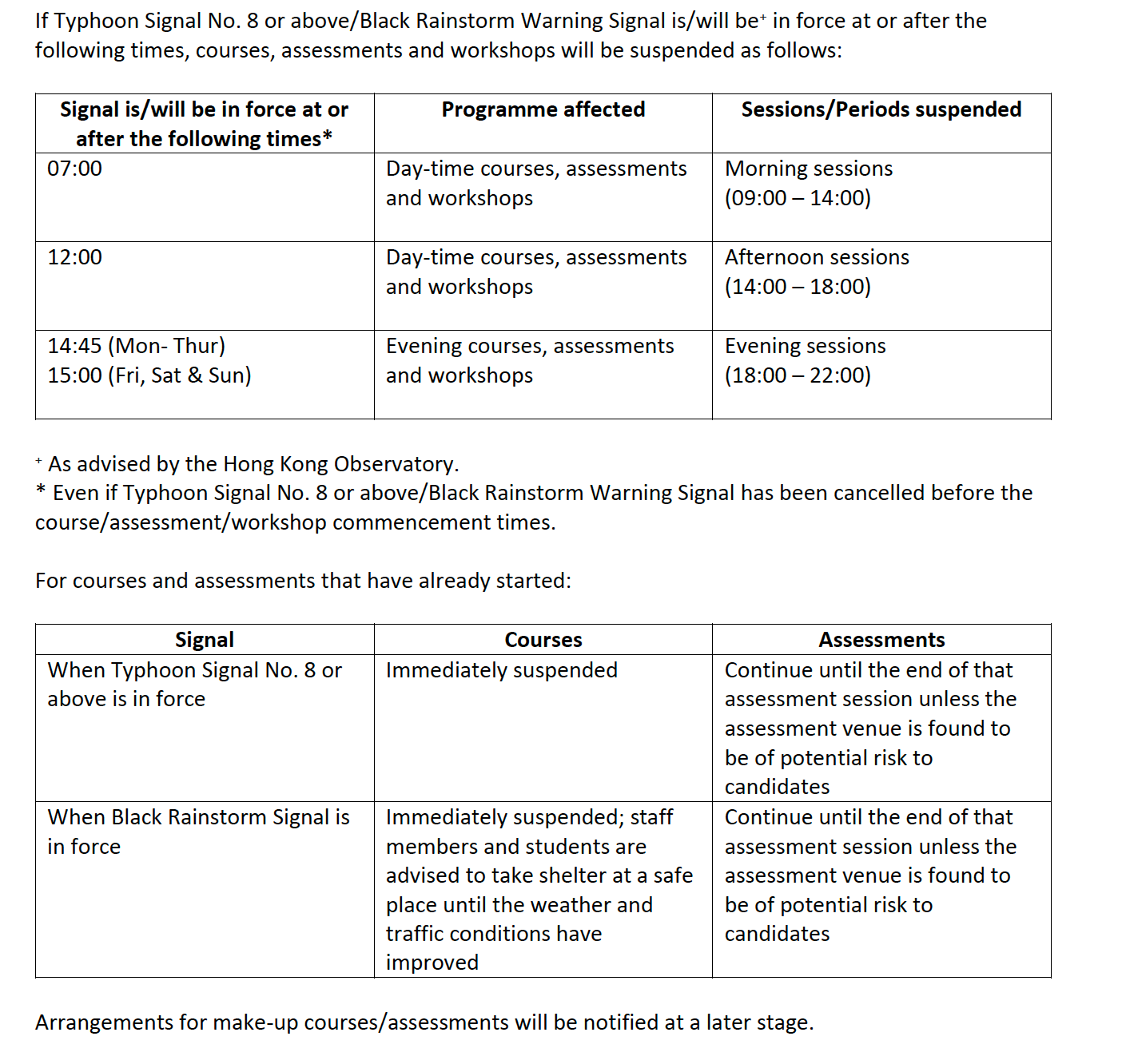To accommodate the different levels of skills required by ophthalmologists at respective stages of professionalism, appropriate training programmes will be tailor-made for different target learners. Below courses for various stages of ophthalmic microsurgical training will be launched per year.
1. Basic Ophthalmic Microsurgical Workshop
This is a hands-on training course using the microscope and Eyesi Surgical Simulator System platform for residents to learn the basic microsurgical skills, such as application of the surgical instruments and handling complications of Extracapsular Cataract Extraction (ECCE). It is comprehensively designed to have participants understand the Eyesi VR system and experience ″live surgery″ on the pigs′eyes. Trainees are required to spend 12 hours in the instruction course, a minimum of 10 hours practice on operating workstation, an additional 10 hours of Practice Sessions on the Eyesi system.
2. Phacoemulsification (Cataract Extraction) Workshop
This workshop consists of: ‵Simulated Cataract Surgery Course on Animal Eyes′, ‵Virtual Reality Cataract Surgery Course′, and Practice Sessions. The training will concentrate on hands on training of phacoemulsification and IOL fixation. Each trainee is required to attend the instruction course for 12 hours and to spend an additional 30 hours of practice on an operating workstation, and 30 hours on the Eyesi system.
3. Ophthalmic Subspecialty Surgical Workshops
Fellows would receive specific subspecialty microsurgical training programmes in their respective subspecialties. We would provide training programmes for the 5 major ophthalmic subspecialties.
4. Skills Transfer Workshops / Refresher Workshops
These workshops designed for practicing ophthalmologists are conducted to familiarize them with the latest microsurgical advancements, as well as to refresh the surgical skills in their respective fields of subspecialty interests. For the workshop services, the centre is available for booking to host different kinds of academic activities, including exhibition or workshops. We are welcome to variedly cooperation with the suppliers of ophthalmic surgical equipment and industrial partners.
Standardised Course Structure
| Didactic Lectures | Video Demonstraction |
| Wet Laboratory Practicum in animal eyes and 3D VR environment | Live Surgery Observerships |
| Self-practice Sessions | Proficiency Assessments and Certificates |
- Registration is filled on a first-come, first-served basis.
- Eligibility for enrollment is also prioritized for the targeted participants of the particular course.
- For course comprises of lecture and practical sessions, only targeted participants of the particular course would be eligible for hands-on participation.
- After enrollment limit has been reached, you will be put on the waitlist.
- Waitlisted candidates may be eligible to be enrolled as an ‵observer′ depending on the course′s capacity. An observer does not guarantee hands-on participation.
- You will receive a confirmation email on your enrollment status.
- Early registration is encouraged, as registration period may close before the course date.
- Courses may be cancelled if minimum enrollments are not met.

